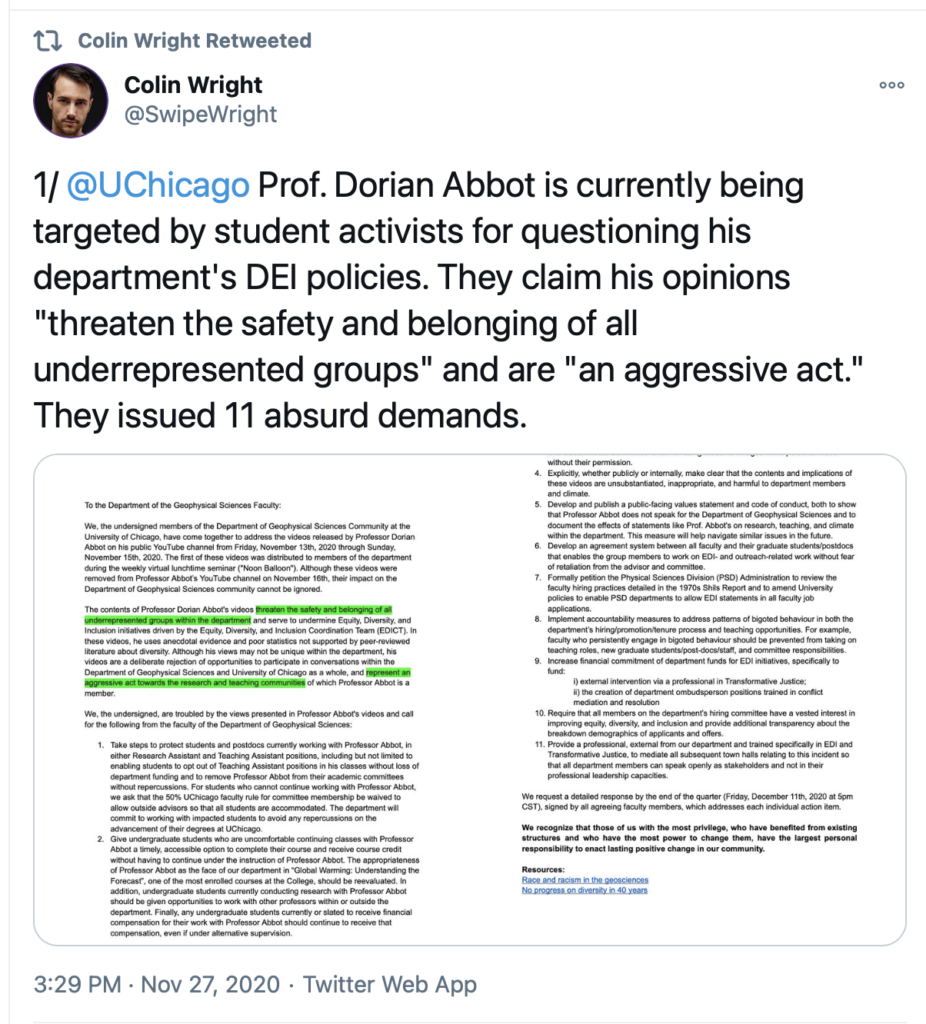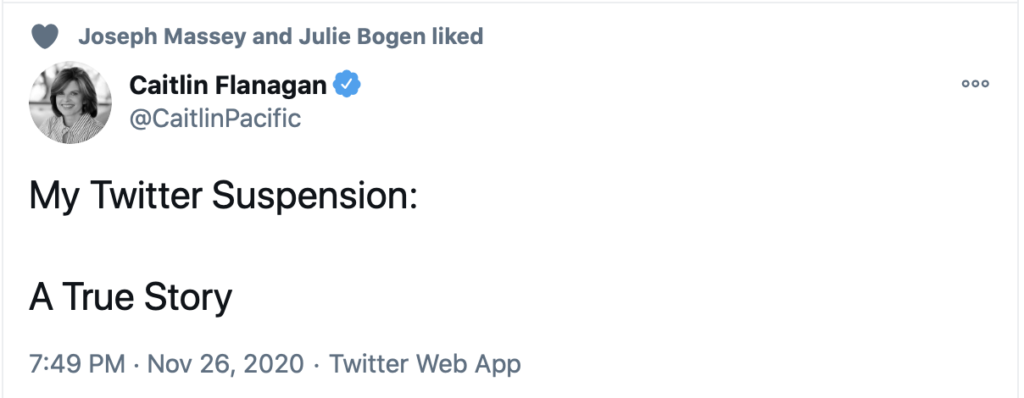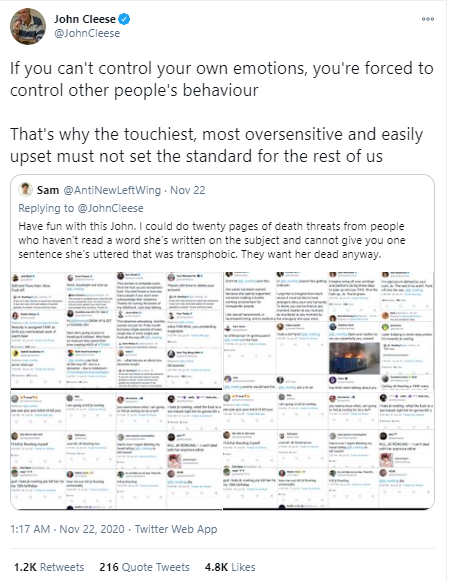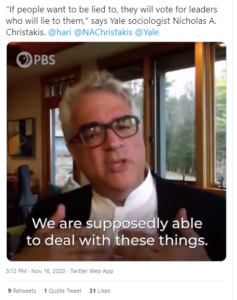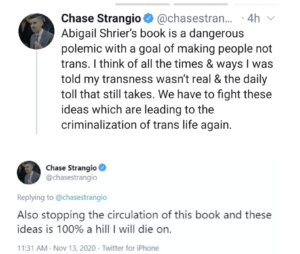Professor Dorian Abbott of the University of Chicago Threatened for Expressing Dissent over DEI Policy
What is a hero? There are many types. One type of hero is someone who steps up to do what is right and say what is true knowing that the consequences will be painful and potentially damaging to one's livelihood. The scene is the University of Chicago, which issued the strongly worded "Chicago Statement" in 2015. Here is an excerpt:
“Because the University is committed to free and open inquiry in all matters, it guarantees all members of the University community the broadest possible latitude to speak, write, listen, challenge, and learn . . . . [I]t is not the proper role of the University to attempt to shield individuals from ideas and opinions they find unwelcome, disagreeable, or even deeply offensive.”
I learned of the story of Geophysics Professor Abbott through a series of tweets by Colin Wright. Abbot's crime was to question his department's DEI (Diversity, Equity and Inclusion) policies. His concerns included the following:
My basic points are: (1) We need to think through the consequences of DEI efforts to make sure they aren’t hurting promising scientists of all demographics, (2) There are major societal problems that we should try to fix as a society as well as by giving our own time and money off campus, but adjusting departmental ratios at elite universities does not really address them, and (3) the current academic climate is making it extremely difficult for people with dissenting viewpoints to voice their opinions.
Abbot's concerns resulted in a letter to Geophysics Department signed by 130 graduate students and post-docs demanding that Abbott be stripped of all titles, courses, and privileges. Those signing the letter claimed that Abbot's opinions "threaten the safety and belonging of all underrepresented groups" and are "an aggressive act." They issued 11 absurd demands that, again, include a demand that the University ruin Professor Abbott's career. Here is the starting point (click on this link to jump in):
Professor Abbott detailed events of Mid-November in this document. Here's an excerpt from his report:
On Saturday, 11/14/20, friends started telling me that there were a large number of people on Twitter misrepresenting what I was arguing, saying untrue things about me, and even demanding that I be fired. One friend noted that there were a number of tweets using the logic: “I don’t feel safe when you object to my premises, therefore you cannot object to my premises on campus.” I found this very upsetting because it confirmed my fear that certain people are exploiting the language of personal trauma to silence anyone with dissenting opinions on these issues.
Analysis: I believe that this situation was caused by the collision of two different strongly held worldviews. I subscribe to the traditional University of Chicago perspective, as outlined recently in what has become known as the Chicago Statement. In this view academic freedom and the tolerance of dissenting views are given prominence. The reason for this is that it is important for promoting the discovery of new knowledge, which is the main purpose of a modern university. I and many other faculty specifically chose to work at the University of Chicago in part because it has always affirmed this attitude. The alternative viewpoint is that certain groups feel inherently threatened on campus, and need to be protected from anything that might make them feel unsafe or happy to pursue their work. I am sympathetic to this viewpoint and agree in some cases, such as general department and classroom climate, but I feel that it cannot be applied to intellectual discussions. The reason is that it is associated with the type of logic noted above, in which the position is taken: “I don’t feel safe when you object to my premises, therefore you cannot object to my premises on campus.” This is similar to what philosophers call “begging the question,” or “assuming the answer,” and obviously is not an effective way to resolve an intellectual dispute correctly.
I invite you to click on these links and to keep following this story to see whether the University of Chicago will honor its stated principles that universities must always be places where dissent will always be invited.

